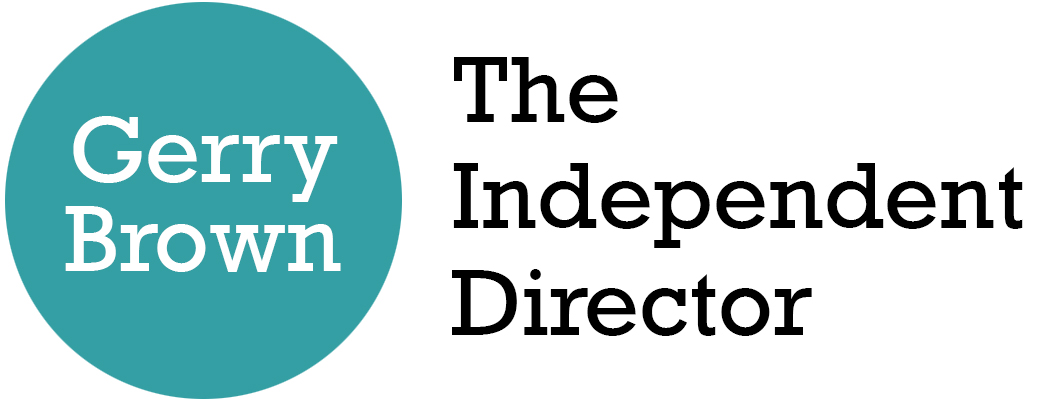
Balancing regulation and de-regulation with growth
ALMOST every successful growth strategy is underpinned by good governance but also knowledge of the opportunities, costs and exposure required regulatory compliance. Pretending otherwise suggests dysfunctional decision-making by whatever executive team or small group claims leadership according to expert on business disasters, scandals and corporate governance.
In the headlong rush for “growth”, the decision-making teams within government are – using the analytical metrics of the book I co-authored with Professor Randall S Peterson Disaster in the Boardroom – exhibiting all six common dysfunctions of elite teams including: groupthink, lack of independence, diffusion of responsibility, missing key voices, bureaucratic and bystanders galore.
When the Governor of the Bank of England Andrew Bailey^, a High Court judge (Mr Justice Leech) in the Thames Water court case^^, Elton John and Paul McCartney^^^ all understand the existential threat posed by the government understanding of regulations, growth and regulatory bodies, it should – if nothing else - give them pause for thought. Difficult decisions often gain better clarity from being taken in the context of existing regulatory regimes.
There are clearly a number of contradictions in this rush to “regulate for growth” - via the mechanism of either an unspecified deregulation or some sort of lessening of the tight binds apparently enforced by existing legal and regulatory regimes – which complicates the reported ambition to ‘clearly, and unambiguously, reflect the need to enhance the attractiveness of the UK.’
Business secretary Jonathan Reynolds denies Labour’s ‘de-regulation agenda for growth’ isn’t “meaningless platitudes” about “the cutting of red tape” and avoiding regulatory “duplication”. But, instead, it is claimed to be a laudable push for ‘effective consumer protection, competition law and effective modern powers’. While this government has yet to begin to meet the regulators and regulatory agencies it so often denigrates. This is particularly worrying given that the Institute of Government revealed that one third of all regulators/agencies were not subject to any parliamentary meeting (let alone strategic scrutiny) from 2019-2024. Shortly, if the Product Regulation and Metrology Bill passes, they will potentially be able to regulate by statutory instrument without consultation, query or pushback from voters, MPs and regulatory bodies alike.
But what are the likely consequences of what sounds like the pathological pursuit of growth at all costs? I would suggest that we are rushing to sleep walk towards possible regulatory and economic disaster with inchoate cartoonish visions of regulation, growth and AI. History shows that the track record of both regulated and unregulated industries, companies and businesses are so poor that disaster, scandal and collapse are never far away from any executive/elite decision-making team (whether found in the government cabinet or boardroom suite).
Given that generative AI advocates premise its future power on reducing workforces and automating systems, it seems perverse to throw away regulatory guardrails as the best route to ignite this allegedly impressively high-powered engine of growth in the UK. The red herring of regulatory agencies not having a growth mindset looks like an excuse to relocate and centralise unaccountable regulatory decision-making to either Whitehall (or, strangely, Brussels). Just formalising the existing pick and mix approach to regulation by making it the prerogative of Government ministers using statutory instruments neither subject to scrutiny or disqualification is going to fly us too close to the sun but not towards the AI and technology led bright burgeoning GDP future sought.
Notes
^ “there is no trade-off between and economic growth and financial stability”
^^ “It would have been nice, I think, if either Ofwat or the secretary of state had felt the need to turn and explain the[ir] position to the court”
^^^ When did musicians start to become the official opposition? (possibly when the government decided to formalise giving away their copyrighted work as free ‘training data’ for ‘growth’ businesses that might not deign to come here anyway)
Photo credit: APP
